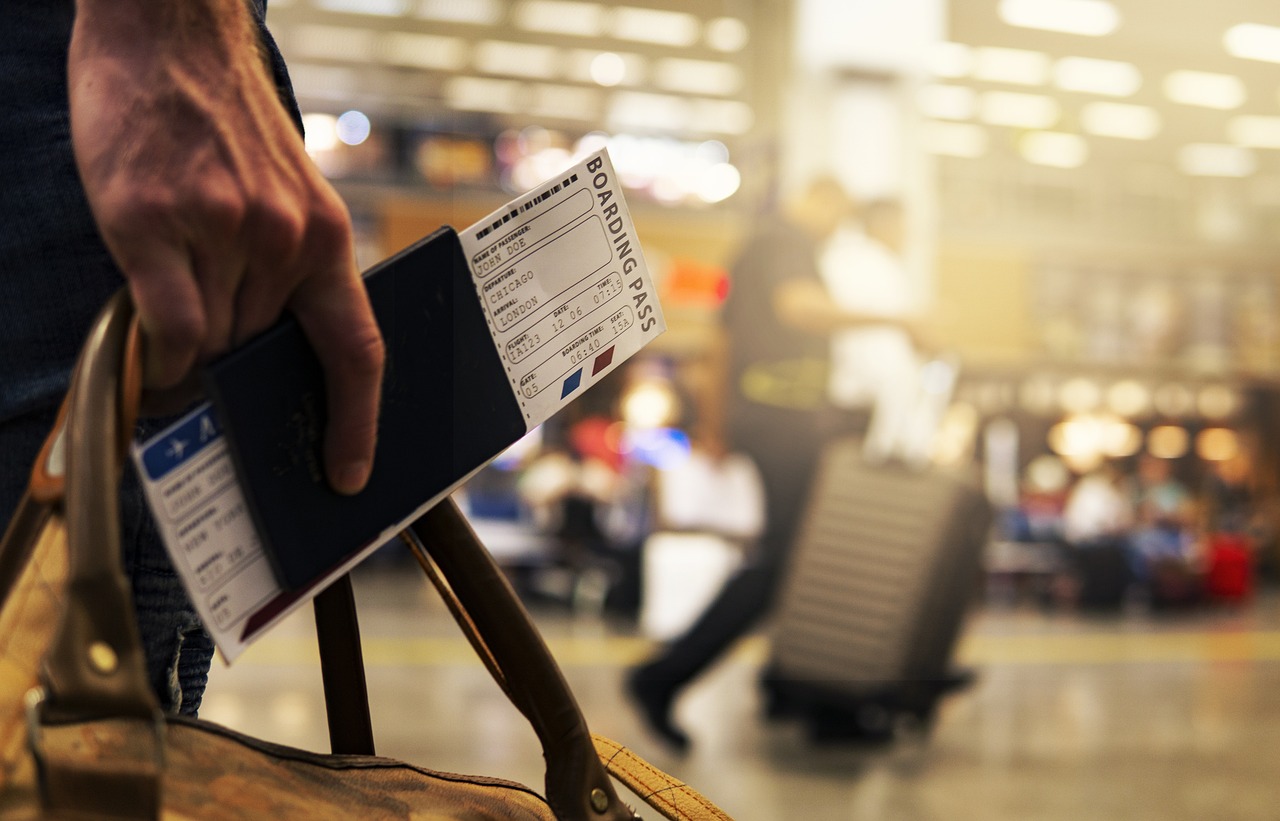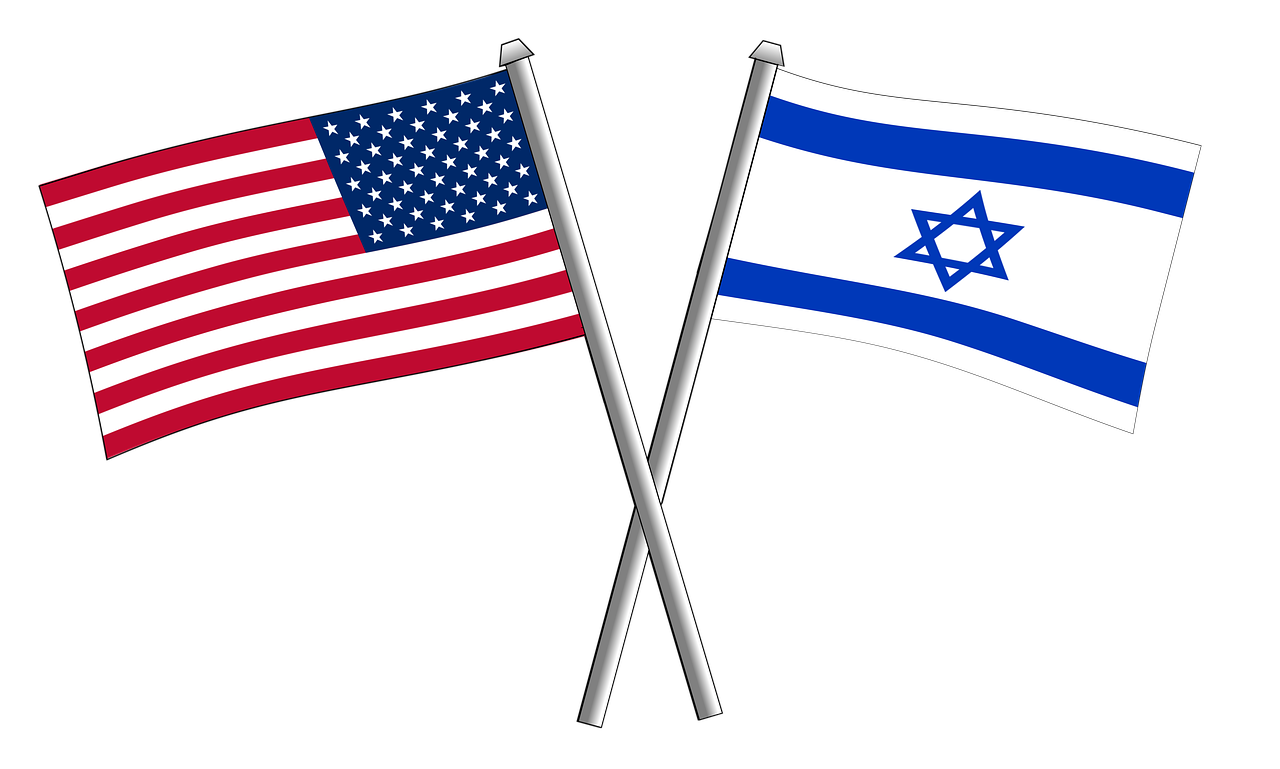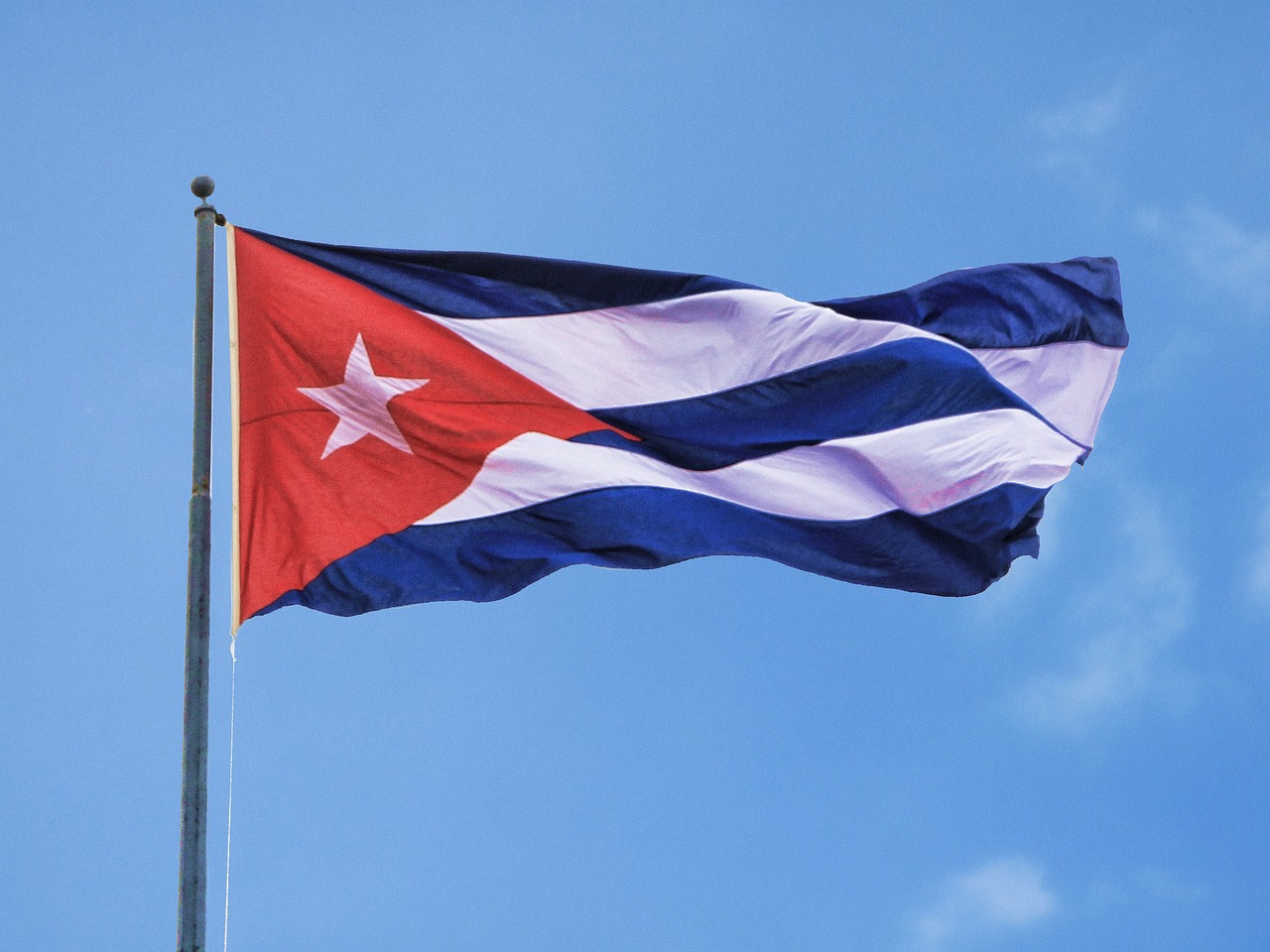The release of the December Visa Bulletin has brought few positive changes for immigrants in both the family sponsored and employment-based preference categories. In this blog post, we share with you everything you need to know regarding the movement (or lack thereof) of the categories for the month of December.
Whether you are applying for an immigrant visa at a U.S. Consulate overseas or applying for adjustment of status to permanent residence in the United States, you won’t want to miss these important updates.
Highlights of the December 2023 Visa Bulletin
Unfortunately, the December Visa Bulletin brings little to no changes across most employment-based categories and family-sponsored categories from the previous month of November. The Dates for Filing of all employment and family-sponsored categories remain unchanged from the previous month.
The Final Action Dates for family-sponsored categories also remain unchanged from the previous month.
With respect to the Final Action Dates for the employment categories, EB-2 China will advance by three weeks to October 22, 2019, and EB-3 China will advance to January 22, 2020. The Final Action Dates for the remaining employment-based categories remain unchanged from the previous month.
EB-4 Certain Religious Workers will become unavailable in the month of December.
Adjustment of Status Filing Chart December 2023
For the month of December 2023, the U.S. Citizenship and Immigration Services (USCIS) has confirmed that the Dates for Filing chart in the December 2023 Visa Bulletin will continue to be used in determining eligibility for I-485 adjustment of status filings (green card filings inside the US).
 Visa Lawyer Blog
Visa Lawyer Blog











